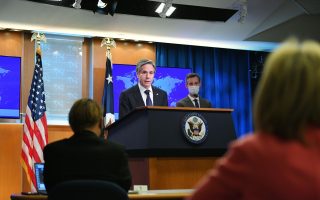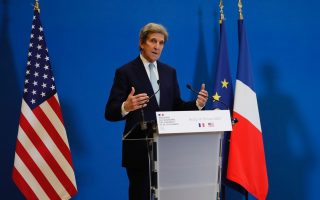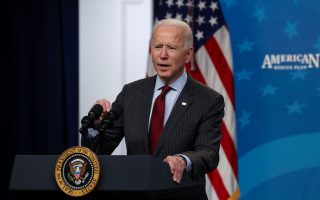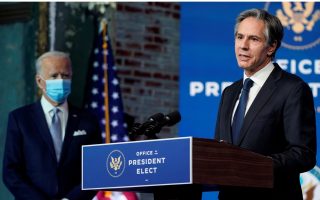China’s big bang
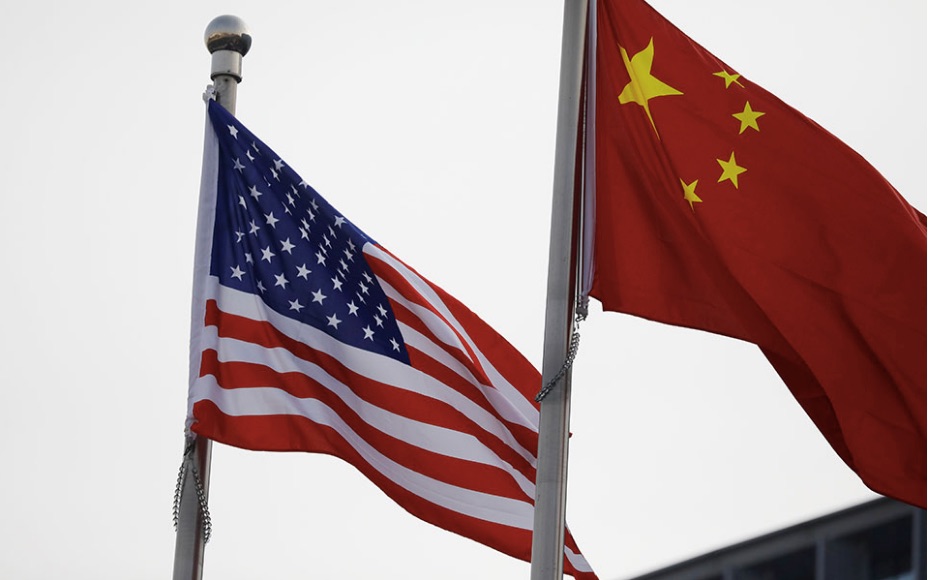
There is one US policy that has not changed with the departure of Donald Trump and the arrival of President Joe Biden, and that is toward China. There is no doubt that we have entered a new cold war and are facing very succinct dilemmas from both sides. The pressure many countries are coming under with regard to which 5G platform they will be using is a typical example of that.
China’s behavior has changed a lot and this is evident in President Xi Jinping’s public speeches. Beijing appears to have a newfound assertive confidence. It regards America as a country on a downward course for structural reasons and considers that the time has come to openly challenge its leadership. In the eyes of the Chinese, the irrational war in Iraq, withdrawing from Afghanistan and former president Barack Obama’s failure to project American clout worldwide, in combination with the deep divisions of the past few years, are proof of the rapid decline in its global standing.
Biden is no different from Trump in viewing China as the biggest economic and strategic threat facing the country. However, he understands that, to wage this battle, he needs allies. Europe plays a crucial role in this equation and the American government is doing everything it can, tying up all sorts of loose ends, to bring the Europeans closer and build a solid front against China.
But the European Union is also divided and scarred with suspicion and insecurity over whether it can trust and rely on the United States following the Trump “episode.”
Russia’s role is also important. Unlike in the post-WWII Cold War, when the US tried to ensure that China did not get cozy with the Soviet Union, the discussion is the other way around now and is about keeping Moscow away from the new rising superpower, China.
There are two conflicting schools of thought in Washington concerning this issue: One regards Moscow as an equally – if not more – important rival and the other believes that some kind of modus vivendi needs to be found with Russian President Vladimir Putin. Both sides make a good point and Biden appears to be taking the moderate, realpolitik approach. In Europe, meanwhile, this school has support in both Berlin and Paris, which argue that the West cannot effectively deal with two strategic challenges at once.
China, in the meantime, is eager to change the world and demonstrate that the rules of the game have changed. What does this mean? That we cannot rule out a move that would signal a geopolitical shift. Will it be a war for Taiwan, in which America may become embroiled and lose? It cannot be dismissed.
What is certain is that the cycle which started in the aftermath of World War II is coming to a close. The question is whether it will do so with a sudden and loud bang or gradually and quietly.
